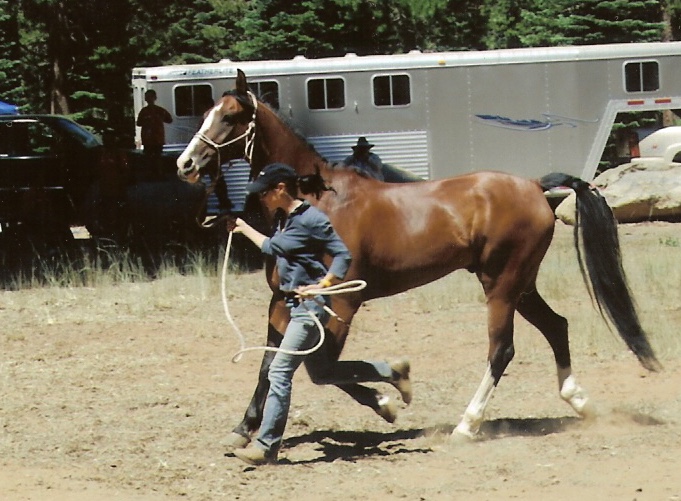Setting goals is the first step in turning the invisible into the visible.
—Tony Robbins
Do you shout your goals out to the world before you start something new, or do you keep them to yourself as you test the waters? Each approach has pros and cons; the manner we choose can vary with differing results. If you share goals, what method is best for reaching them?
To Share or Not to Share?
Share your goals, but do it strategically.
When we succeed in doing something, i.e., reaching an objective, our brain delivers a shot of the neurotransmitter dopamine to the brain’s pleasure center. Likewise, our body prepares for that eventual pleasure chemical when we state a goal. Then when we succeed, we get the shot unless we short-circuit the process by telling people beforehand.
When we receive praise, dopamine is released in our brains, giving us a sense of premature accomplishment. But, unfortunately, this early praise fools us into feeling like we have already achieved our aim; thereby, sharing our goals with anyone willing to listen can unknowingly dissipate our motivation.
We essentially cheat ourselves. Our incentive is reduced in a very physical way because we have already felt the accolades.
However, there are times when sharing our goals is productive. Who we share our goals with is an essential factor for achievement.
If you care what the person thinks of you, you may also have an impetus to do well. Sharing your goals with a higher-up can keep you accountable and motivated because you have hopes of a promotion or raise. This ulterior motivation can keep you on your game.
The closer the relationship, often yields the best response. For example, rather than telling everyone you meet that you will run a marathon, share it with those who will assist and encourage you to cross the finish line. This can be found in an accountability partner.
In some cases, accountability partners’ benefits are helpful, but there is a caveat. Success lies in who it is. Therefore, depending on the partner determines the usefulness. How they use praise and their commitment are paramount.
We can receive two types of praise, and the likelihood of reaching our goals is strengthened by one style.
Process praise emphasizes your work, effort, or actions, leading to better outcomes. For example, recognition in the form of, You must have worked hard; it is well executed. Or I commend you for the many strategies implemented until you succeeded.
Whereas Person praise, which is getting praised for who you are, has been found to backfire. When giving credit for someone’s personal qualities: You must be smart. Or You did it before and got good marks, so don’t worry, you can do it again, which may generate anxiety in someone with low self-esteem. These comparisons may cause undue stress to measure up and fear accomplishing the goal. Interestingly, there is a tendency to give the person or inflated praise to those with lower self-esteem thinking it is helpful.
There’s nothing as satisfying as setting goals and achieving them; it feels good to get acknowledged, and who doesn’t want more of that? So, when we hear positive feedback on our progress, it can ignite a commitment to the goal, increasing our push to reach it and providing positive reinforcement. But before you tell the world, start whatever you want to accomplish before reaching out for support.
Choose who you share with carefully, but sharing with others who have your true success in their sights can be valuable. The benefit of that support can outweigh the cost of reducing your brain’s dopamine. It will be evident to you if you found the correct person if you feel more motivated, not less.
There is another factor in how to communicate our plans.
Achieving goals and maintaining motivation are also attained by keeping the end goal to ourselves yet sharing what we are proactively doing to reach it. So, go for it, share the milestones, then chase the dreams quietly to the finish.
Our human need is to connect. As social beings, sharing our goals (with the right people) allows us to tap into this basic human need for community. To share or not to share comes down to knowing who and when to do it. Of course, the further we progress towards reaching the goal, brings us closer to the finale, but hold off shouting it to the world and allow the achievement to be the grand reveal.
“When it is obvious that the goals cannot be reached, don’t adjust the goals, adjust the action steps.” — Confucius





